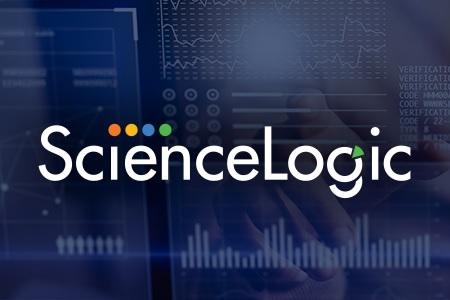Tackle Root Cause Analysis Easier than Ever Before with Skylar Automated RCA
When service outages happen, the clock starts ticking, not only to restore that service, but also to identify and fix the root cause so the problem doesn’t recur again and again. However, root cause analysis (RCA) can be exceptionally time-consuming for IT teams tasked with combing through massive log files for clues about the underlying problem.


